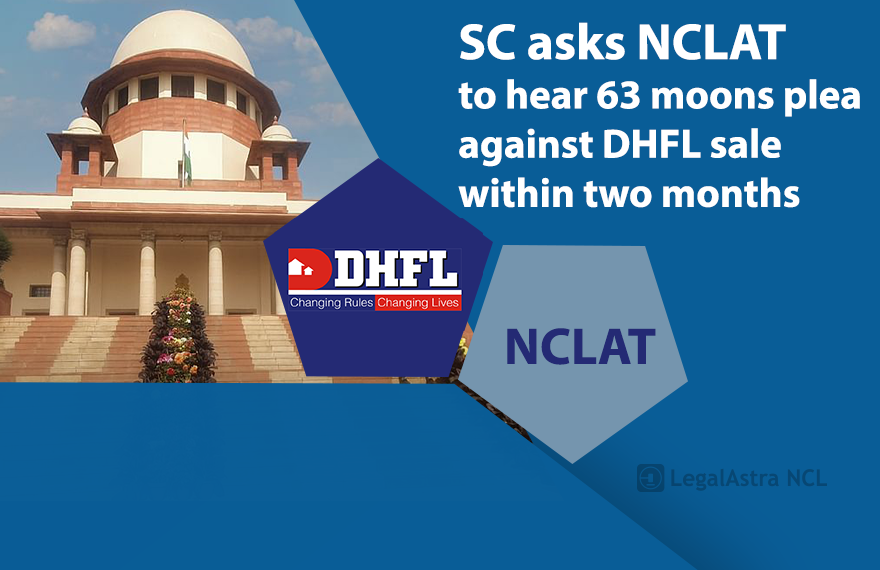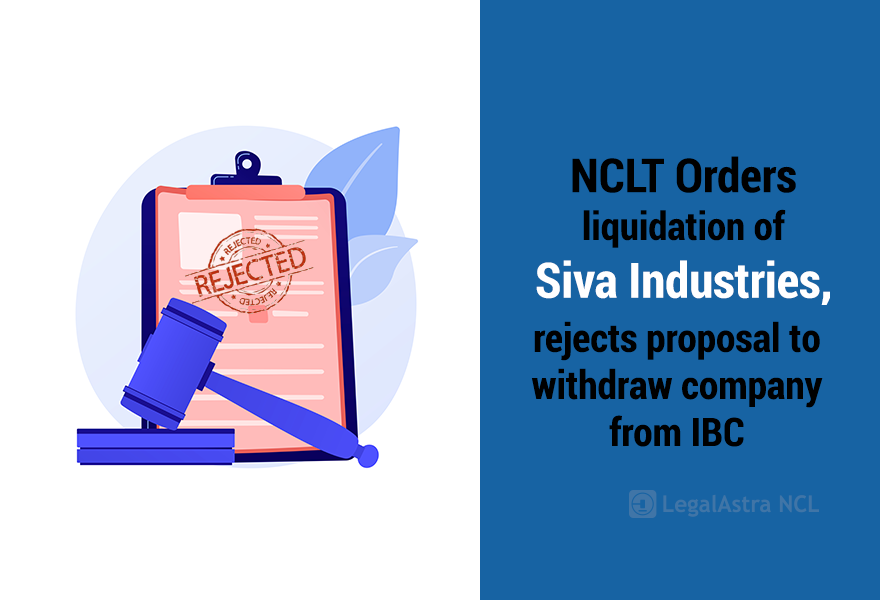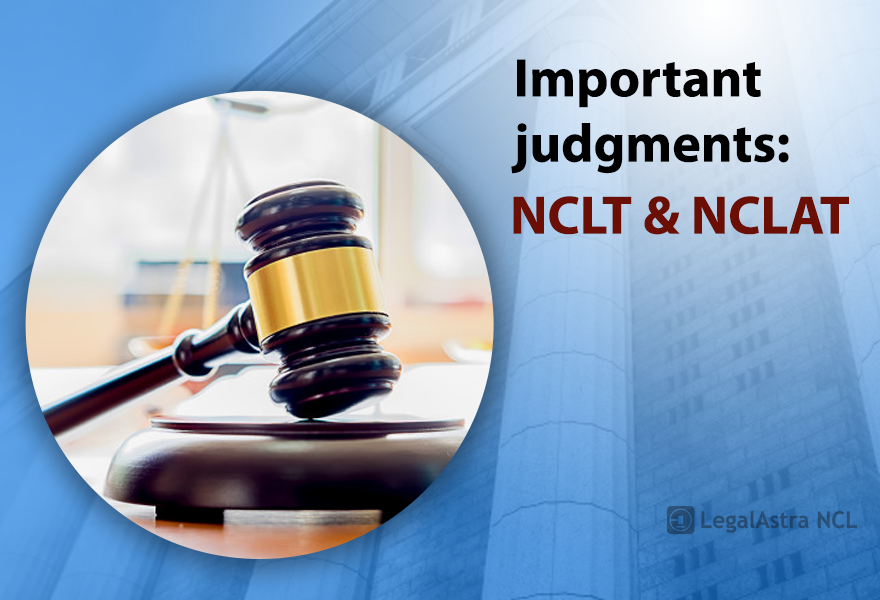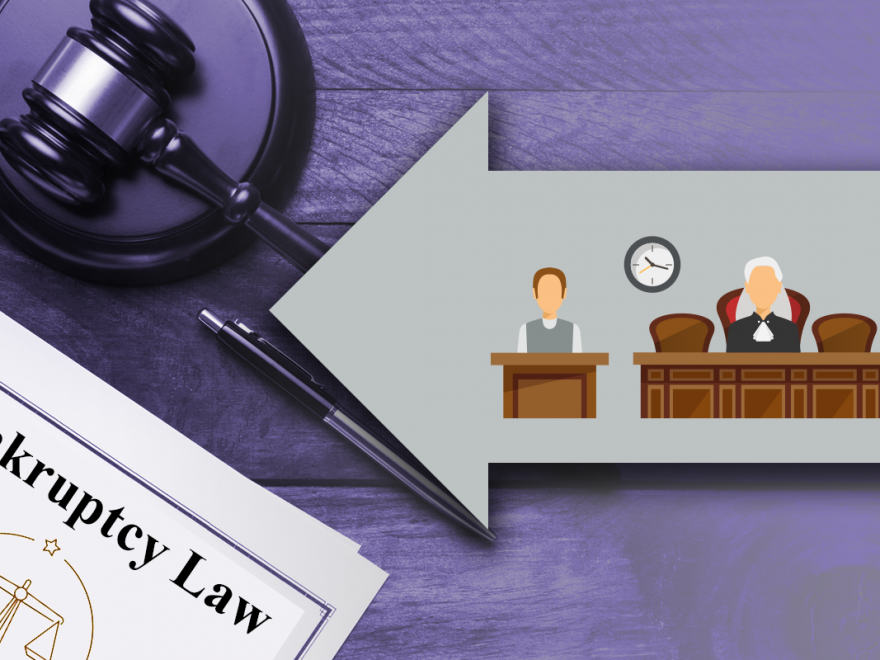The Supreme Court on September 6,2021 refused to stay the implementation of DHFL Resolution Plan on the plea filed by 63 moons tech and directed the NCLAT to hear the issue expeditiously. The Supreme Court on Monday refused to stay the implementation of DHFL Resolution Plan on the plea filed by 63 moons tech and directed the National Company Law








